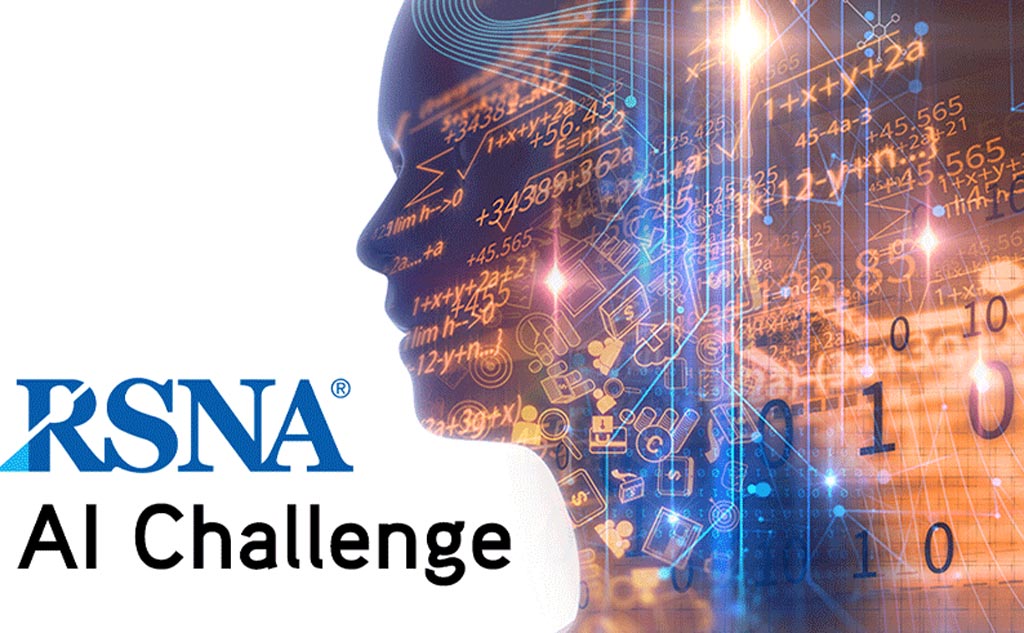RSNA Announces Intracranial Hemorrhage AI Challenge
By MedImaging International staff writers
Posted on 01 Oct 2019
The Radiological Society of North America {(RSNA), Oak Brook, IL, USA} has launched its third annual artificial intelligence (AI) challenge: the RSNA Intracranial Hemorrhage Detection and Classification Challenge. The AI Challenge is a competition among researchers to create applications that perform a defined task according to specified performance measures.Posted on 01 Oct 2019
Last year's pneumonia detection challenge had more than 1,400 teams. This year, researchers are working to develop algorithms that can identify and classify subtypes of hemorrhages on head CT scans. The data set, which comprises more than 25,000 head CT scans contributed by several research institutions, is the first multiplanar dataset used in an RSNA AI Challenge. The Machine Learning Steering Subcommittee worked with volunteer specialists from the American Society of Neuroradiology (ASNR) to label these exams for the presence of five subtypes of intracranial hemorrhage — an effort of unprecedented scope in the radiology community.

Image: At this year’s RSNA, researchers will work to develop algorithms that can identify and classify subtypes of hemorrhages on head CT scans (Photo courtesy of RSNA).
On September 3, the first wave of data was released to the researchers who are working to develop and "train" algorithms. The training phase runs through November 4. During this phase, participants will use a training dataset that includes the radiologists' labels to develop algorithms that replicate those annotations. During the evaluation phase, from November 4 to November 11, participants will apply their algorithms to the testing portion of the dataset, which is provided to them with the annotations withheld. Their results will then be compared to the annotations on the testing dataset, and an evaluation metric will be applied to rate their accuracy and determine the winners. The results will be announced in November and the top submissions will be recognized in the AI Showcase Theater during the RSNA annual meeting to be held from December 1-6 at McCormick Place, Chicago, USA.
"The goal of an AI challenge is to explore and demonstrate the ways AI can benefit radiology and improve clinical diagnostics," said Luciano Prevedello, M.D, M.P.H., chair of the Machine Learning Steering Subcommittee of the RSNA Radiology Informatics Committee. "By organizing these data challenges, RSNA plays a critical role in demonstrating the capabilities of machine learning and fostering the development of AI in improving patient care."
Related Links:
Radiological Society of North America














